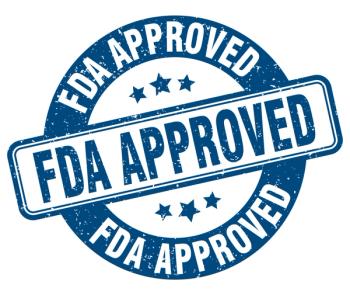
Evidence on supplements is extremely limited: NIH
A consensus panel convened by the National Institutes of Health (NIH) has come down hard on the lack of science behind the use of multivitamin and mineral supplements for chronic disease prevention. Experts from across the country said that except in a few circumstances, there is not enough evidence to advise the public to take or not take them.
A consensus panel convened by the National Institutes of Health (NIH) has come down hard on the lack of science behind the use of multivitamin and mineral supplements for chronic disease prevention. Experts from across the country said that except in a few circumstances, there is not enough evidence to advise the public to take or not take them.
"Most of the public assumes the components of multivitamin/mineral supplements are safe because many of the ingredients are found in everyday foods and the products are available over the counter," they said. But scientists don't have the evidence to give that assurance, noted the 13 commit-tee members, who met recently at the NIH campus in Bethesda, Md.
The panel recommended much more research, including studies on interactions of multivitamins/minerals with nutrients from food or from prescribed or OTC medications. It also called for new Food & Drug Administration authority to regulate supplements.
In the 1999-2000 National Health and Nutrition Examination Survey (NHANES) from the National Center for Health Statistics, 52% of adults reported taking some kind of supplement, compared with 23% in the 1988-94 NHANES. The 1999-2000 NHANES also found that 35% of adults said they took a multivitamin/multimineral product. Ironically, surveys find health-conscious people who eat well are also more likely to take supplements.
The panel went on to suggest that Congress should remove the constraints on the FDA and allow it to: inform the public about the risks and benefits of supplementation; develop a formal mandatory adverse-event reporting system; mandate a toll-free number and a Web site on product labels for reporting adverse events; and require quality production.
The Council for Responsible Nutrition, an industry association for supplements, responded by saying that a daily multivitamin is often "a safe, affordable, and reliable means" of filling nutrition gaps and promoting health. It said it supports mandatory company reporting of serious adverse events, but it noted that the FDA claims to have appropriate regulatory authority over supplements. The association questioned whether the clinical research model for drugs should be used to assess nutrients.
Among the few areas where the consensus panel found some evidence of benefit were: combined use of calcium and vitamin D supplementation for postmenopausal women to protect bone health; vitamin E for decreasing cardiovascular deaths in women and prostate cancer incidence in male smokers; and daily folate use by women of childbearing age to prevent neural tube defects.
The panel findings, as well as the 300-page literature review, can be accessed at: http://
THE AUTHOR is a writer based in Maryland.
Newsletter
Pharmacy practice is always changing. Stay ahead of the curve with the Drug Topics newsletter and get the latest drug information, industry trends, and patient care tips.























